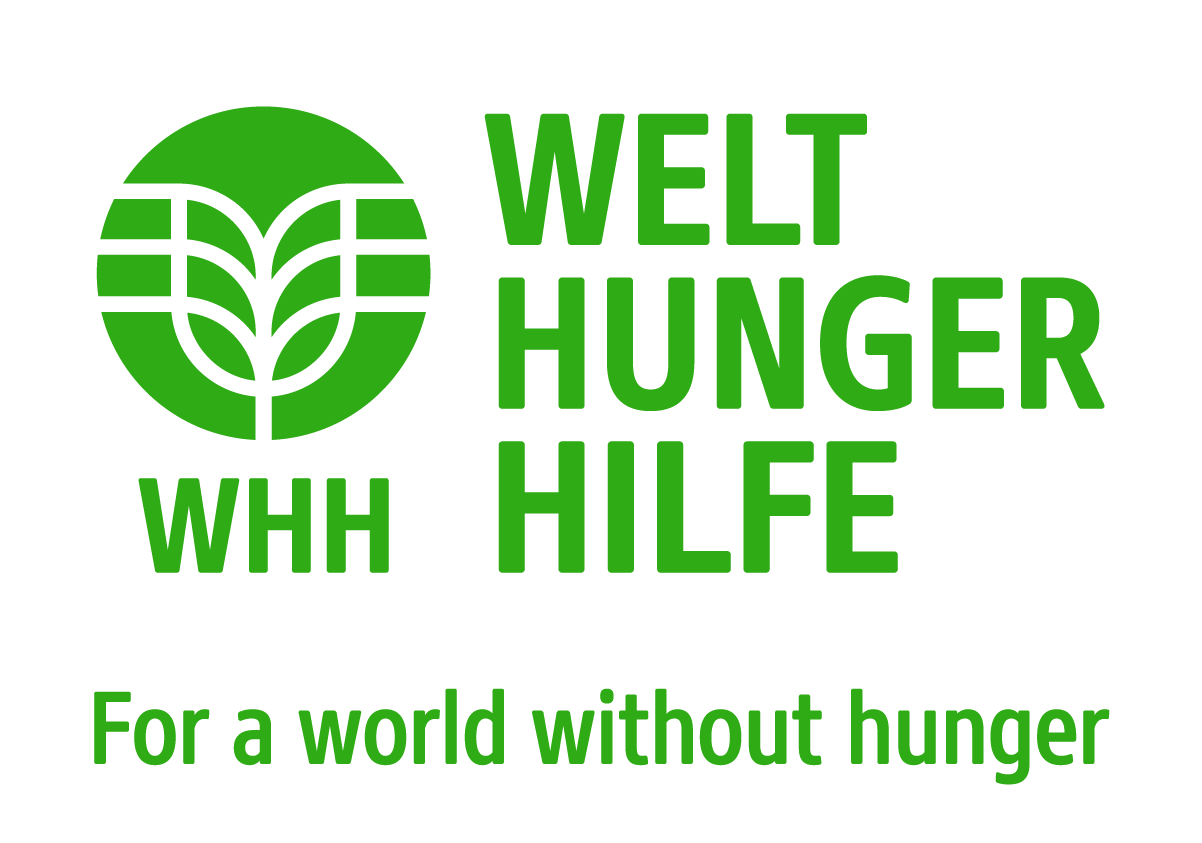The harshest months begin again - winter in Turkey for Syrian refugees
Almost nine years after the eruption of the conflict in Syria, coping with the cold winter is one of the bitter challenges facing Syrians, whether refugees or displaced persons, every year.
"During the winter months, not only do we worry about how to pay the food or the rent, I also worry about how to keep my family warm," says Ali, a 49-year-old father from Damascus who fled to Turkey with his wife and children in 2015.
"I also worry about how to keep my family warm"
But Ali Moussa is not the only Syrian facing such challenges. Turkey hosts 3.6 million Syrian refugees, more than 430,000 of whom live in the Turkish province of Hatay. During the winter months, the Hassa district offers fewer job opportunities for people like Ali, Ahmet Adbdullah, and support from aid organisations is rare. "Our economic situation is really dire. Especially in the winter months our expenses increase extraordinarily, we need more money to pay for gas and wood to keep the house warm," explains Ahmet Adbdullah, who once ran his own small furniture shop in Damascus and never expected to find himself and his family in such conditions.
"Especially in the winter months our expenses increase extraordinarily"
Many Syrian families live in desperately vulnerable conditions. They have been displaced overnight, fled the bombing and left everything behind to save their own lives and those of their children. Now language barriers, lack of job opportunities or other tragic blows of fate such as that of Vusal, a 40-year-old mother from Hama who is still suffering from her accident, have led many families to find themselves in particularly vulnerable circumstances. "I lost my balance and fell two floors. I broke my back and forehead. I am still suffering from my injuries today. I can hardly walk; the medication makes my bones brittle and I am in constant pain. Before that I worked, I could earn my living. Today I depend on support, and the winter is an additional burden for our circumstances," says Vusal.
"The winter is an additional burden"
Many Syrians have to sell their belongings to pay for the rising winter expenses such as additional fuel, coal, winter clothes and blankets. But medical treatment and transport costs to the hospital also bring an additional load: "The cost of transport to the hospital also increases in winter. The children are sick more often in winter than in summer, and the nearest public hospital is 40-50 km away. There is only one private hospital in Hassa, and we cannot afford the costs of treatment there," says Ali.
In the Turkish province of Hatay, Welthungerhilfe is supporting the most vulnerable Syrian families with a project financed by the Federal Foreign Office, as well as Turkish host communities that need help. Welthungerhilfe's seasonal support began in January 2020 in the Hassa district. In five days, Welthungerhilfe's distribution team handed out more than 1,100 cash cards to Syrian and Turkish families in need of seasonal support. In order not to leave anyone behind, a small mobile team visited those families at home who could not reach the distribution site due to illness, immobility or other reasons.
The money cards helped these families to buy winter needs such as coal, wood, heather and winter clothes or to pay their debts.
Abdulkbaki and Marian, both Welthungerhilfe field officers in Hatay, after a household visit where they distributed a Cash Card. Now they are checking the name list to see which family will be visited next at home.

Ahmet Adbdullah receives one-time support in the form of an electronic cash card at the distribution site in Hassa. Fedi, who temporarily assists Welthungerhilfe, distributes the cash cards to participants in the seasonal support and at the same time gives instructions on how to use the cash card once it has been activated.
"With the money from the cash card I will buy a refrigerator to protect my son's food from the mice. I'm afraid that the mice in the house will make him sick. I will also buy some wood to warm the house, it is really cold and wet in here. The roof is leaking and falling apart," explains Vusal to Marian, Welthungerhilfe Field Officer in Hatay, during a house visit.
Awash was happy and joking when she received the cash card from Welthungerhilfe colleagues: “I will directly run and withdraw the money. I will run without getting a scratch. I will use the money to pay the rent,” she says with a smile.

“In Turkey our financial situation is not stable. I used to work as a daily work, mostly in agriculture but during the winter there is no work. With the money I received from the seasonal support project, I will pay my depts. I borrowed some money from my neighbors to be able to buy coal and wood,” Ali explains to Mahros, Welthungerhilfe project assistant, while he is waiting for his turn.
Nothing is impossible! One of Welthungerhilfe project participants just recently underwent a surgery and is not able to come inside the distribution site. No problem! Without hesitation, Ammar, senior project officer and Fedi, temporary assistant, brought their mobile phones, laptops and the necessary paperwork to the taxi and “moved” the distribution outside.


